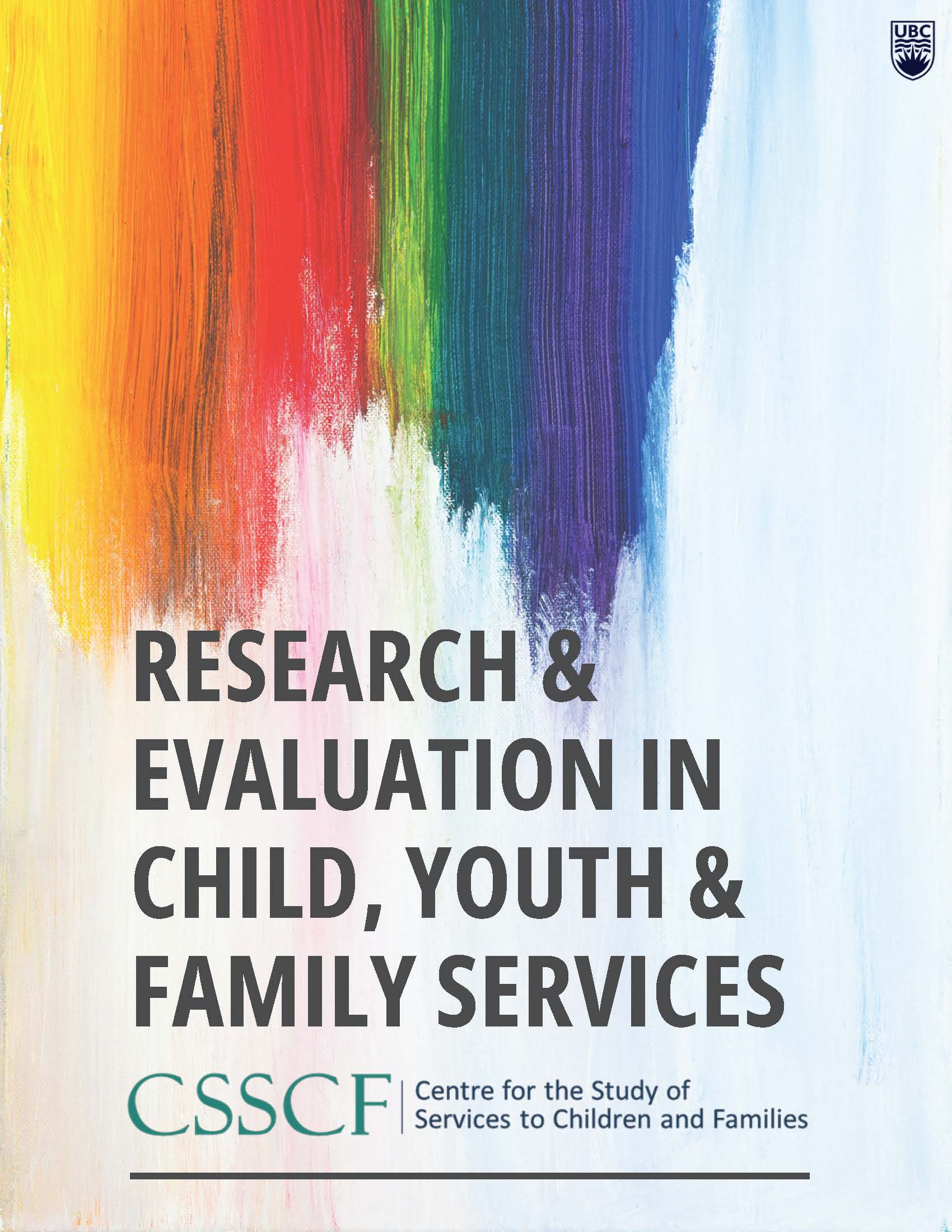Indigenous Wise Practices
DOI:
https://doi.org/10.14288/recyfs.v4i1.197535Keywords:
Indigenous, Elders, Wise Practices, cultural safety, children and youth mental health (CYMH)Abstract
The Indigenous Wise Practices research study emerged for the Ministry of Children and Family Development (MCFD) to understand the journeys of Child Youth and Mental Health (CYMH) clinicians in integrating Indigenous Wise Practices and culturally safe approaches in their work with Indigenous clients. Through this research, MCFD intended to explore the areas in which additional support could be provided on structural levels, including policy changes, for CYMH clinicians to seamlessly integrate Indigenous Wise Practices and culturally safe approaches. Moreover, this research study anticipated discovering which Indigenous Wise Practices are currently being implemented in the practices of CYMH clinicians. This research study aimed to explore the various barriers, gaps, and challenges that hinder the ability of clinicians to integrate such practices in their interactions with Indigenous clients.
In this final report, there will be an introduction to discuss the goals and purpose of this research study. The research study and the methodology were guided by trauma-informed, strengths-based, and decolonization theories. Although the report provides a more thorough explanation, this research study utilized non-probability research methods inducing selective and convenience sampling methods. Indigenous Elders and CYMH clinicians were interviewed to gain in-depth insight regarding the most effective practices with Indigenous children, youth, and families. Through these interviews, student researcher’s derived similar themes that emerged from Elders and clinicians. The meeting with the Elders offered five key themes including, 1) The holistic understanding of self, 2) Listen to understand, 3) Creating a safe space, 4) The Medicine Wheel, and 5) Spirituality and ceremony. Moreover, the clinician interviews provided nine themes including, 1) Clinicians’ understanding of Indigenous Wise Practices, 2) Journey towards incorporating Indigenous Wise Practices, 3) Clinicians’ willingness to learn and remain open-minded, 4) Cultivating whole system relationships, 5) Time and patience for fostering a genuine connection, 6) Barriers in relationship building with Indigenous communities, 7) Indigenous-led Service Delivery that brings Change to Practices and Policies, 8) The need to increase culturally sensitive practices, and 9) Acknowledgement of past and current harm created by the system. In this research study, it was discovered that developing meaningful relationships with no time constraints and increasing Indigenous-led services is a pertinent practice that should be incorporated largely into the MCFD services. These findings were explored in the context of the literature utilized to support the development of this research study. The limitations of this research study included a small sample size with a discredited ability to generalize the findings, time constraints for clinician interviews and circle meetings, and the strictly virtual setting of this study. The final section explores implications for future areas of research, policy implementation, and changes in practice.
Downloads
Published
Issue
Section
License
Copyright (c) 2023 Research and Evaluation in Child, Youth and Family Services

This work is licensed under a Creative Commons Attribution-NonCommercial 4.0 International License.
This work is licensed under a Creative Commons Attribution-NonCommercial 4.0 Inrernational License. Copyright for articles published in this journal is retained by the authors, with first publication rights granted to the journal. By virtue of their appearance in this open access journal, articles are free to use, with propoer attribution, in edicational and other non-commercial settings.


